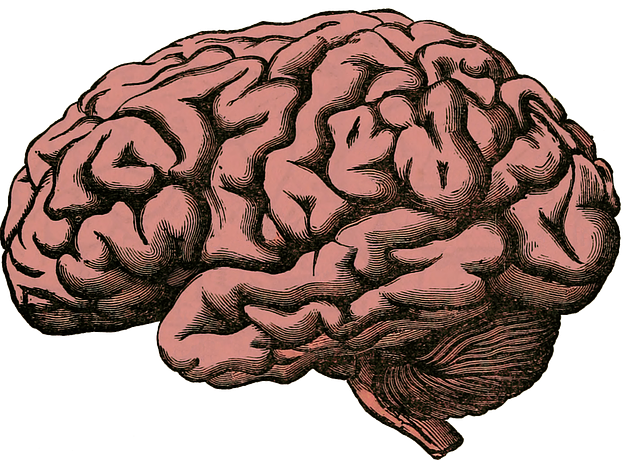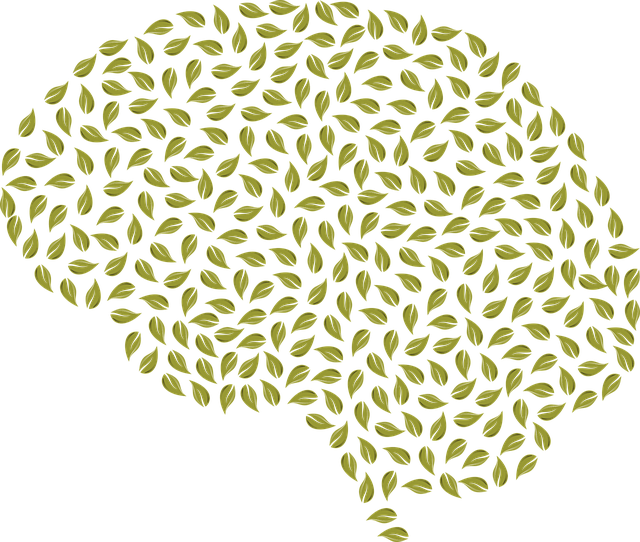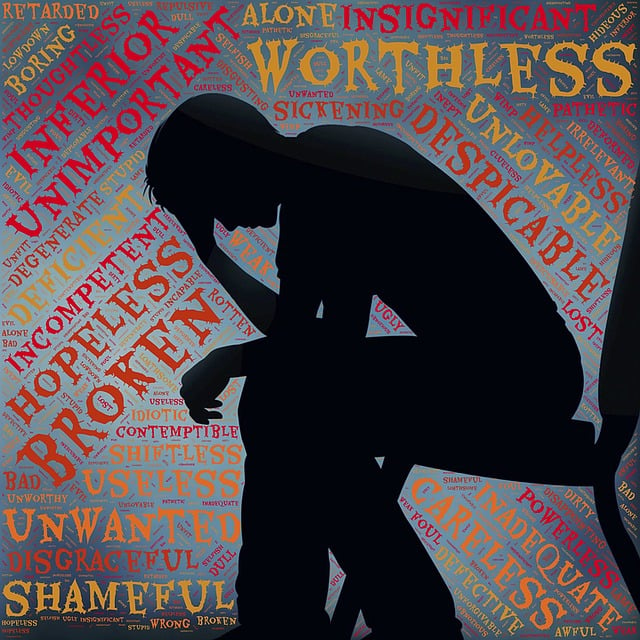Individuals in Wheat Ridge, Colorado, have access to specialized Wheat Ridge Bipolar Disorder Therapy through various therapy centers adhering to DSM-5 criteria. Early intervention is key, facilitated by organizations like the Stress Management Workshops Organization and Trauma Support Services. Evidence-based practices like Cognitive-Behavioral Therapy (CBT) and Interpersonal Therapy (IPT) are popular for managing associated conditions. Peer support groups and community resources further enhance Wheat Ridge Bipolar Disorder Therapy, fostering a robust support system, encouraging positive thinking, and improving mental health outcomes.
Mental illness diagnosis and navigation can be challenging, especially for those dealing with bipolar disorder. This comprehensive guide aims to support Wheat Ridge residents in understanding this complex condition, from recognizing symptoms to accessing effective therapy options. We explore the navigation process, providing insights into assessment and tailored treatment plans. Learn about various therapy approaches and discover how building a supportive community, including peer groups, can enhance recovery journeys. Discover resources specifically catering to Wheat Ridge, offering hope and guidance for managing bipolar disorder.
- Understanding Bipolar Disorder: Symptoms and Diagnosis
- The Navigation Process: From Assessment to Treatment Plan
- Therapy Options: Effective Approaches for Wheat Ridge Residents
- Building a Support System: Peer Groups and Community Resources
Understanding Bipolar Disorder: Symptoms and Diagnosis

Bipolar Disorder is a mental health condition characterized by extreme mood swings, ranging from intense mania to deep depression. It’s a complex illness that affects millions worldwide, often misdiagnosed due to its variability and co-occurring symptoms with other disorders. The Diagnostic and Statistical Manual of Mental Disorders (DSM-5) outlines specific criteria for identifying Bipolar Disorder, which includes episodes of hypomania or mania and major depressive episodes. During manic phases, individuals may experience elevated mood, increased energy, rapid speech, and impulsive behavior, while depressive periods are marked by profound sadness, loss of interest in activities once enjoyed, and changes in appetite and sleep patterns.
In Wheat Ridge, Colorado, seeking professional help for Bipolar Disorder is a proactive step towards managing this chronic condition effectively. Local therapy centers often employ specialized mental health professionals who can provide tailored support. Diagnosis typically involves a comprehensive assessment that may include interviews, questionnaires, and even genetic or biological tests to rule out other potential causes. Early intervention is key to preventing the severity of symptoms and improving overall quality of life. Organizations like the Stress Management Workshops Organization and Trauma Support Services also contribute to mental health resources, offering additional tools for coping with bipolar symptoms and associated challenges.
The Navigation Process: From Assessment to Treatment Plan

The navigation process begins with a thorough assessment, where professionals evaluate symptoms, medical history, and overall well-being to pinpoint specific mental health disorders. This crucial step forms the foundation for tailoring treatment plans that cater to individual needs. For those struggling with bipolar disorder in Wheat Ridge, this assessment might include discussions about mood episodes, sleep patterns, energy levels, and any co-occurring conditions, such as anxiety or depression.
Upon diagnosis, a multidisciplinary team collaborates to develop an effective treatment strategy. This may incorporate various therapeutic approaches, including cognitive-behavioral therapy (CBT), medication management, and support groups. Additionally, organizations like the Stress Management Workshops Organization offer valuable resources, promoting mindfulness meditation techniques that can enhance coping mechanisms. Aligning with the broader Mental Health Policy Analysis and Advocacy landscape, these interventions aim to empower individuals to manage their bipolar disorder and improve overall mental health outcomes.
Therapy Options: Effective Approaches for Wheat Ridge Residents

Wheat Ridge residents seeking therapy options for mental health conditions, such as bipolar disorder, have a range of effective approaches to choose from. One prominent method gaining traction is cognitive-behavioural therapy (CBT), which focuses on identifying and changing negative thought patterns and behaviours. This evidence-based practice has shown remarkable results in managing symptoms associated with depression and anxiety, common co-occurring disorders with bipolar illness.
Additionally, interpersonal therapy (IPT) is a valuable tool for individuals navigating the complexities of social relationships and their impact on mental health. IPT empowers patients to build coping skills and enhance emotional intelligence—a key aspect of stress management. By addressing these various aspects of mental well-being, therapists in Wheat Ridge can tailor treatment plans that cater to individual needs, ultimately promoting recovery and enhancing overall quality of life.
Building a Support System: Peer Groups and Community Resources

Building a strong support system is an integral part of navigating mental health challenges, and peer groups play a pivotal role in this process. Connecting with individuals who have experienced similar struggles can provide a sense of belonging and understanding. Peer groups offer a safe space to share experiences, gain insights, and learn coping strategies from those who’ve been there. This support network can significantly enhance the effectiveness of mental health treatment, including Wheat Ridge Bipolar Disorder Therapy, by offering encouragement, empathy, and practical advice.
Community resources further enrich this ecosystem of support. Public Awareness Campaigns Development initiatives and Healthcare Provider Cultural Competency Training programs contribute to fostering an environment where mental health is prioritized. These efforts ensure that individuals facing disorders like bipolar disorder receive culturally sensitive care. Additionally, promoting positive thinking and resilience through community outreach can empower people to take control of their mental well-being, leading to improved outcomes and a more supportive society.
Navigating mental health care can be challenging, especially for those managing bipolar disorder. However, with the right support and resources, individuals in Wheat Ridge can effectively manage their symptoms and lead fulfilling lives. By understanding the diagnosis process, exploring therapy options tailored to their needs, and building a strong support system through peer groups and community resources, those affected by bipolar disorder can find hope and healing. Accessing specialized Wheat Ridge bipolar disorder therapy ensures individuals receive the comprehensive care they deserve, fostering resilience and enhancing overall well-being.









